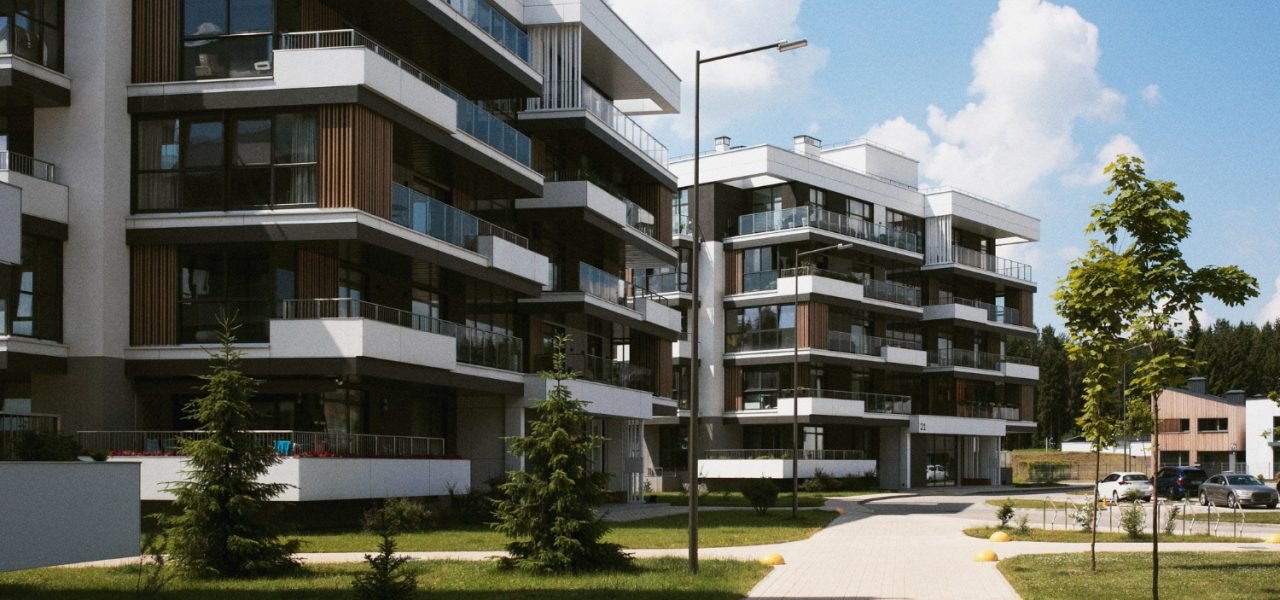
Property & Real Estate
Property development in Indonesia, as anywhere else in the world, follows new or expansions of investment, infrastructure, and the availability of banking and financial services. The rise and fall of property values depend also on urban development plans, regulations pertaining to land, the Government’s policy stance, and economic and political stability. With massive infrastructure developments happening recently, many players in the industry hope that property development will follow. The law on the acquisition of land for public purposes (mainly for infrastructure) makes it easier for industries to acquire land areas adjacent to infrastructure projects. There is a spike in the construction of apartments and office buildings, but of course this trend is reviewed carefully by banks and financial institutions so as not to create a vulnerable increase of their non-performing loan ratios.
GAP enjoyed its position as a pioneer in developing the condominium concept in the 1980’s, a concept that predated the Condominium Law. Before enactment of the Law, there were no specific laws that could be used as legal basis for relevant transactions. A creative solution was then offered by the GAP team by introducing a new type of contractual relations that securely bound the developer, lenders and consumers. This applied to condominium and office building developments and time-shared hotels. Anticipating a positive projection of property development due to infrastructure development and increased national GDP growth, the LGS team has now prepared state-of the-art alternatives of models of transactions and financing structure for offer to the market.

